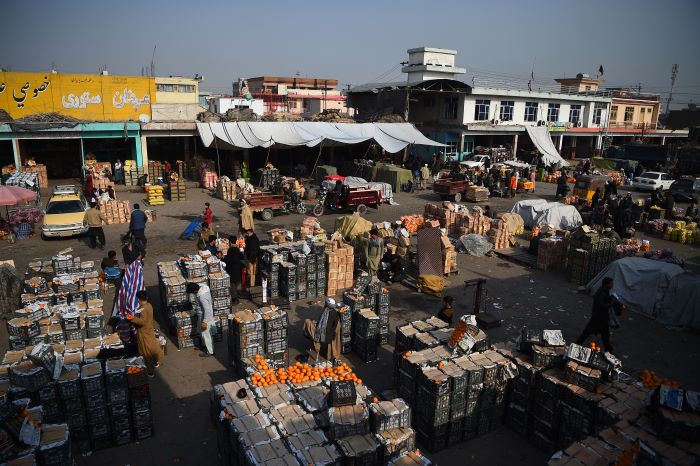Feeding Urbanization: Building prosperous small cities and towns

Today, cities already consume 70 percent of the global food supply, and their food demand is further challenged by the recent COVID-19 outbreak, which is worsening already precarious conditions in vulnerable areas.
In this context, it is important to recognize the common and diverse challenges cities are facing, also in relation to their typology. Small and Intermediary Cities have an enormous potential in creating urban food systems that include small-scale actors and promote a sustainable resource management.
85 percent of the world population already lives in or within 3 hours of an urban centre, and the number of inhabitants expected to live in small cities will reach a total of 2.08 billion by 2030.
Small Cities are an opportunity in terms of land availability, access to nutritious food and proximity where food is produced.
Moreover, Intermediary Cities play a primary role in connecting important rural and urban areas to basic facilities and services, and can provide opportunities for migration to rural populations, which seek employment, or as a step before migrating to large cities.
They can act as regional market centres or hubs, offering innovative employment opportunities for residents of smaller cities and they can connect traders and producers with customers and markets in larger metropolitan areas.
The Project Feeding Urbanization aims at identifying the key urban food systems challenges in selected small and intermediary cities and improving the livelihood of urban and rural population through integrated food systems plans and actions.
Concrete Actions include:
- Supply of sustainable produced food and the linkage with urban food markets
- Public food procurement programmes
- Improvement of food retailing environment
- Consumers’ education through agroecology school gardens
The project is part of the Urban Food Agenda which is a FAO corporate initiative aiming at supporting local governments in integrating food systems in local policy, plans and actions.
Based on the Urban Food Agenda’s corporate approach, the project supports cities and local governments on the following three components:
- Urban Food Systems Analysis
- Food Governance Mechanisms
- Urban Food Systems Actions
Geographical coverage
- Portoviejo, Ecuador
- Bambilor and Khougheul, Senegal
- Rulindo, Rwanda
Contribution to SDGs

